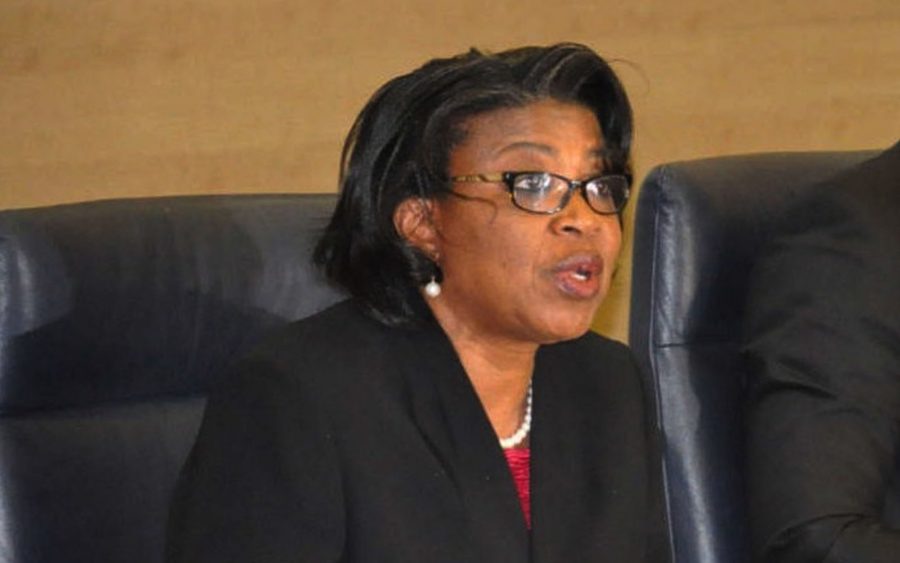The Director-General of the Debt Management Office, DMO, Patience Oniha, has disclosed that the Federal Government has agreed to the conversion of its stock of overdrafts with the Central Bank of Nigeria, CBN, into long-term debt.
Mrs Oniha made the disclosure to Bloomberg via email, said the move will create transparency around its dependence on Ways & Means funding.
According to her, the debt will be exchanged for 30-year notes issued to the central bank.
The Federal Government has become dependent on the CBN’s borrowing after oil prices collapsed in 2015.
The financing helped plug spending shortfalls as non-oil revenues failed to cover the gap created by lower earnings from crude exports.
The increasing reliance on the CBN overdrafts has come with negative consequences, the International Monetary Fund and Fitch said in separate reports issued recently.
“The financing is costly for the federal government at interest rates of the monetary policy rate plus 300 basis points, and for the CBN, with sterilization done through the issuance of open market operation bills,” the IMF said.
The converted debt will be amortized over 30 years starting with a two-year moratorium, Mrs Oniha said.
The central bank will decide whether the securities will be sold to the public.






